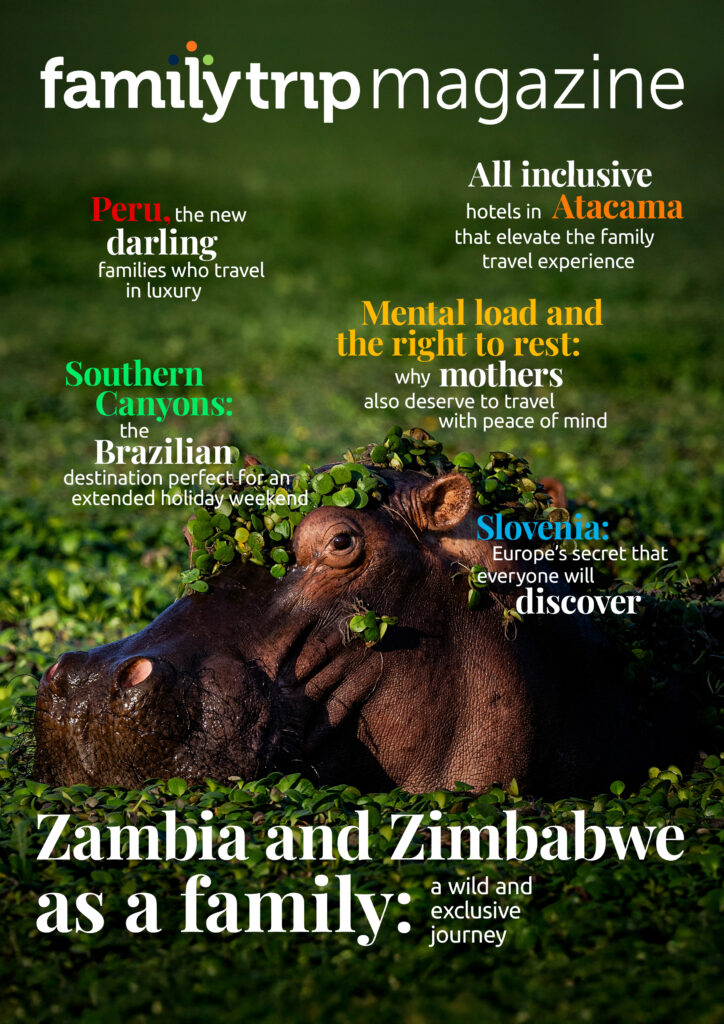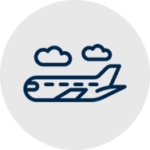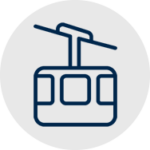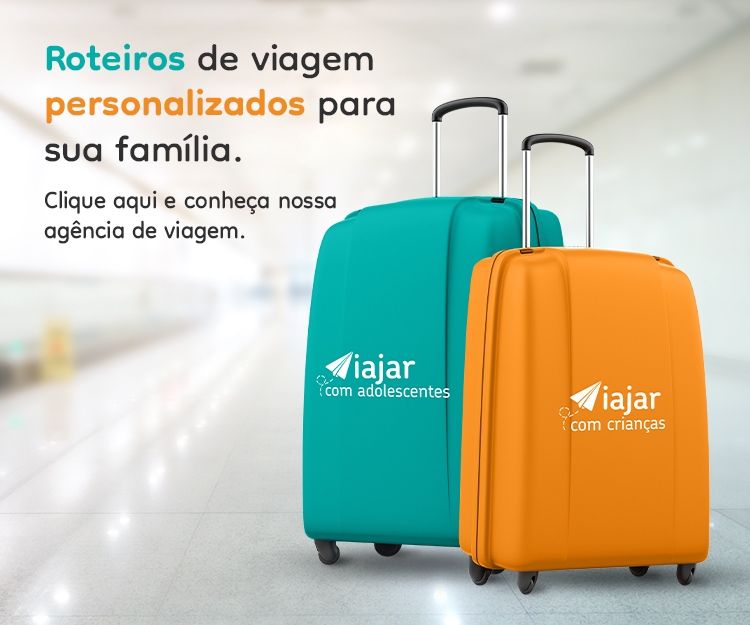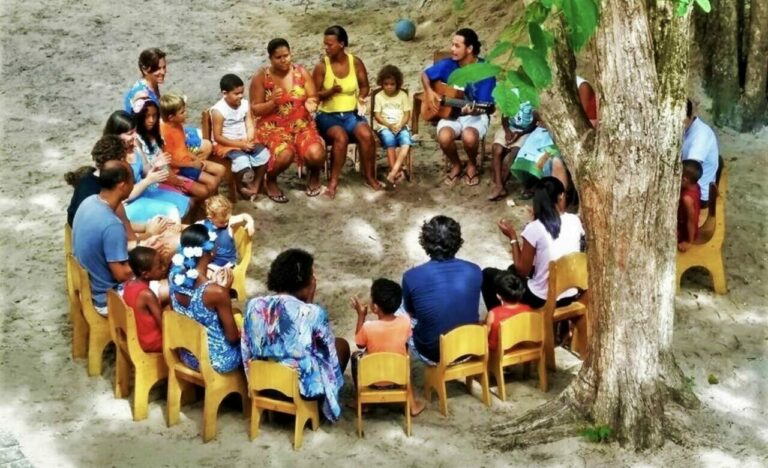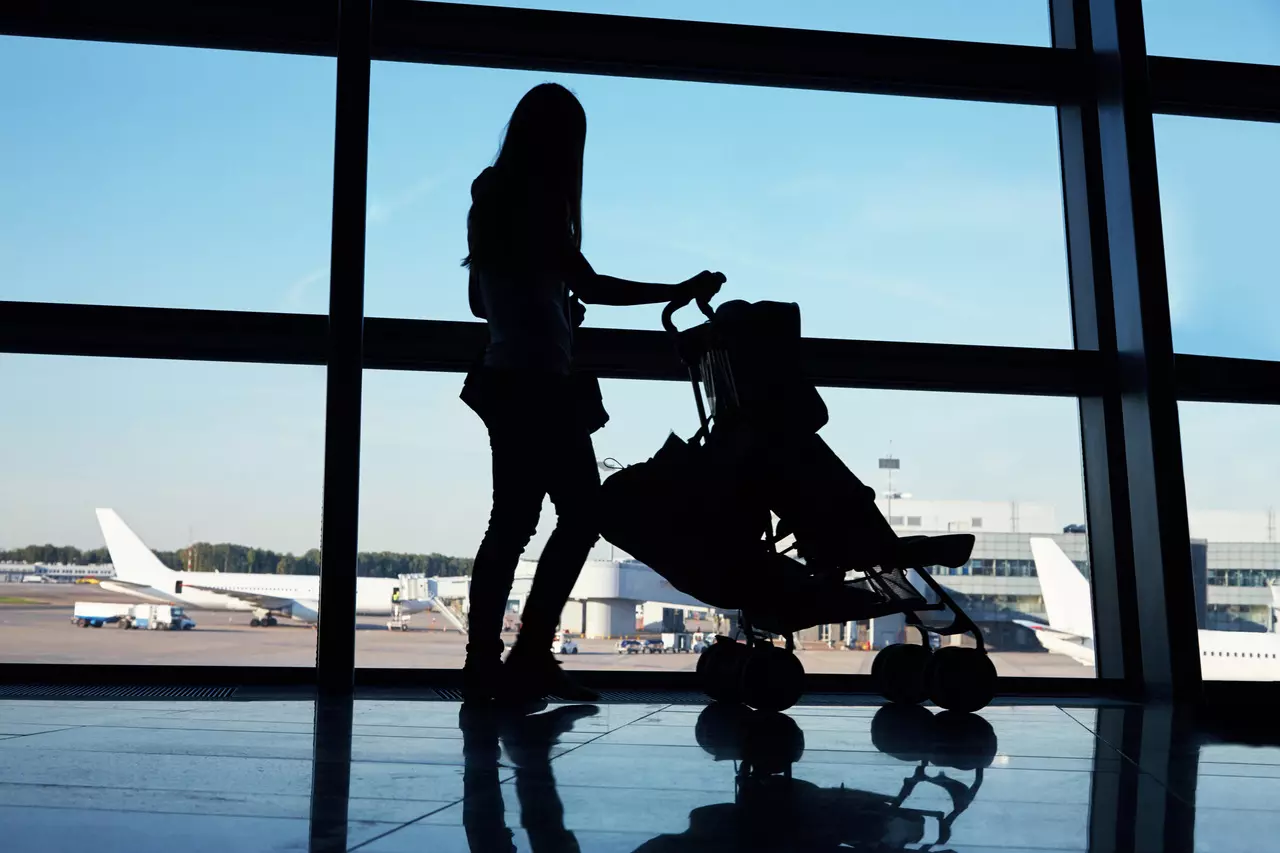
- Travel manual
Air travel rights: passengers with special assistance needs
See that special assistance services in air travel your family members may be entitled to
By Natália Faria G. Viana
There’s a group that deserves differentiated treatment in the aviation sector: passengers with special assistance needs (PSAN). Although such passengers are not few, many still don’t know their real meaning and extent, as well as the laws and regulations that guarantee them additional rights. Currently, in Brazil, procedures related to PSAN accessibility to air transport are primarily regulated by the National Civil Aviation Agency (ANAC), through Resolution No. 280/2013.
Any person who, due to some specific condition, has limited autonomy as a passenger is classified as PSAN. This means that, in addition to people with disabilities and reduced mobility, elderly people, pregnant women, nursing mothers, and people accompanied by lap children also have the right to special and priority service. Although not explicitly mentioned in the Resolution, children between 7 and 12 years old traveling unaccompanied, due to their limited autonomy as passengers and in attention to their particular developmental condition, are also treated as PSAN.
What resolution No. 280/2013 establishes
This ANAC resolution requires airlines and airports to follow rules to improve service to passengers with special assistance needs, establishing that they have the right to the same services provided to users in general, but under priority service conditions, in all phases of their journey, from boarding to disembarking.
It’s important to note that the provisions of this resolution do not apply to boarding and disembarking procedures performed outside the national territory and to procedures prior to travel and during flight of a segment departing from outside the national territory. In these cases, it’s essential to consult the current legislation of other countries.
What are the special assistance services?
The company must always disclose the general conditions and restrictions for transporting PSAN and their technical aids and medical equipment.
The special assistance services that airlines must provide, when notified in advance about their need, without implying any cost to the PSAN, are:
- Check-in and baggage check;
- Movement from check-in counter to aircraft, passing through border and security controls;
- Aircraft boarding and disembarking;
- Seat accommodation and movement within the aircraft;
- Hand luggage accommodation on the aircraft;
- Movement from aircraft to baggage claim area;
- Collection of checked baggage and assistance through border controls;
- Exit from disembarkation area and access to public area;
- Guidance to restroom facilities;
- Assistance to guide dog users;
- Transfer or connection between flights;
- Individual demonstration of emergency procedures, when requested.
PSAN may use their own medical equipment. When necessary, medical equipment to be used during flight must be transported in the cabin.
Additional charges
There may be charges for additional seats necessary to accommodate PSAN, their technical aids, or medical equipment, whose occupation by another passenger is prevented. The charge must be equal to or less than 20% of the value of the air ticket purchased by the PSAN.
The airline must transport free of charge the technical aid used for PSAN locomotion, limited to a single piece, in the aircraft cabin – when there’s adequate space – or in the aircraft baggage compartment, and it must be made available to the PSAN at the time of aircraft disembarkation.
There may be charges for baggage transport above the allowance limit. Exclusively in the case of transporting technical aids or essential medical equipment used by PSAN, the airline must offer a discount of at least 80% on the amount charged for excess baggage.
Need to inform the airline
To have their rights fully guaranteed, passengers must notify the airline in advance about their special assistance needs. It’s possible to communicate this at the time of ticket purchase or through the company’s service channels, respecting the deadline of at least 48 hours before the scheduled flight departure time. For PSAN who need an accompanying person or the presentation of medical documents, the required advance notice is longer, 72 hours.
If the request is not made within the deadline, such passengers can board normally, provided they agree to be transported only with the assistance that is available.
Airline refusal
There may be restrictions on services provided when there are no conditions to guarantee the health and safety of the PSAN or other passengers. In these cases, refusal to provide air transport service to PSAN must be justified in writing within ten days.
It’s worth emphasizing that mere discomfort or inconvenience caused to other passengers or crew members does not constitute justification for refusing to provide air transport service. Additionally, the airline cannot limit the number of PSAN on board.

Things the Way Family love to pack in their suitcase:
Gate
Eletronics for the travel: smartphone, drone, câmera, charger,…
Destiny
UV clothes, bikinis, caps, diving goggles, snorkel mask and other accessories…

